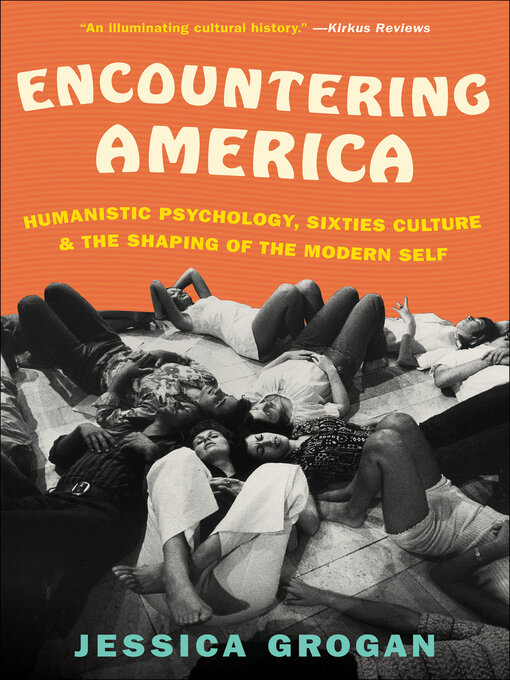A dramatic narrative history of the psychological movement that reshaped American culture
The expectation that our careers and personal lives should be expressions of our authentic selves, the belief that our relationships should be defined by openness and understanding, the idea that therapy can help us reach our fullest potential—these ideas have become so familiar that it's impossible to imagine our world without them.
In Encountering America, cultural historian Jessica Grogan reveals how these ideas stormed the barricades of our culture through the humanistic psychology movement—the work of a handful of maverick psychologists who revolutionized American culture in the 1960s and '70s. Profiling thought leaders including Abraham Maslow, Rollo May, and Timothy Leary, Grogan draws on untapped primary sources to explore how these minds and the changing cultural atmosphere combined to create a widely influential movement. From the group of ideas that became known as New Age to perennial American anxieties about wellness, identity, and purpose, Grogan traces how humanistic psychology continues to define the way we understand ourselves.


